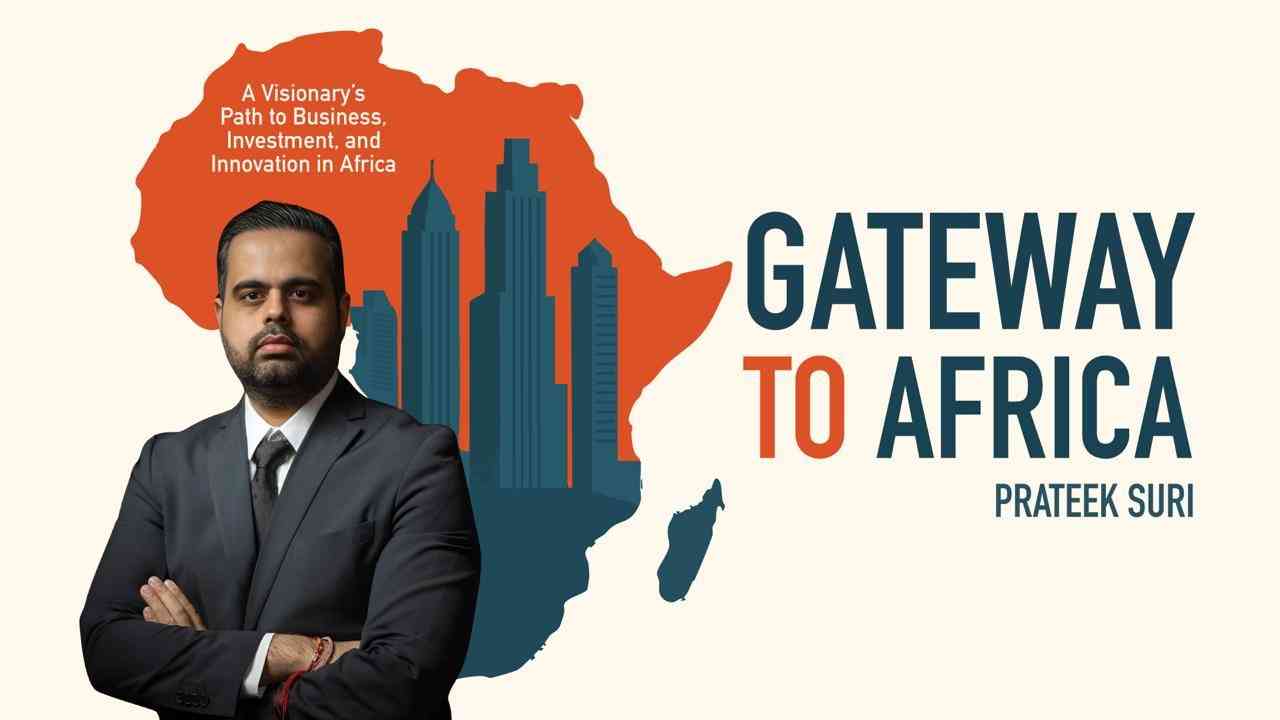
The business environment is fast changing, new products being developed and customer desires becoming more multifaceted. Organisations are forced to go under transformations to meet the needs of the fast pacing moving environment. These changes have not only affected the business line managers, but also the main oversight board, the board of directors.
The issues that needed to be discussed at the board level have transformed, traditionally the board mainly discussed business risks, executive appointments, and financial performance. However new issues have emerged in the marketplace which needs the board to be actively involved and be skilled enough to deal with the matters.
In this article I will brief the new issues that have emerged recently that would need to be deliberated at boardroom level, ignoring such issues would have detrimental impact on the future of the organisation. These issues include climate change, digital transformation, and work life balance.
Climate change
Climate change is progressively becoming a matter of concern and it is imprudent to ignore its impact in today’s business world. Due to its standing, the matter deserves to be debated at board level. The impacts of climate change in our environment can never be overemphasised. They range from destroying human life, animal life, plant life and even destruction of the very earth we are living in. For instance, the increase of floods in our environment has the impact of affecting the company’s work through obliteration of infrastructure, affecting our workforces, and even disrupting the day-to-day supply chains.
Most notably our stakeholders are now taking this matter as a priority i.e., investors, consumers, employees, and regulators. Investors are now asking for information that supports how a company is managing emissions, consumers who are mainly millennials are verbal in terms of going green and are only willing to transact with companies that have operations that are environmentally friendly, this goes the same with the employees they need to be associated with organisations that are acting responsibly i.e., reducing carbon emissions.
Also, regulators are seeking higher quality in climate reporting to eradicate greenwashing and are increasingly pointing out shortcomings. Henceforth disregarding this matter or acting recklessly may mean that each minute we are losing a potential investor, if not we are losing a customer or we are at the verge of being fined by the regulators.
The crucial question is, what should the board of directors do to eradicate the impact of climate change? First and foremost, this matter must not be delegated to management as they may lack authority to make some of the punitive decisions that would need to be made to make a company compliant with the going green approach, the matter must be dealt with at board level and the board must show its commitment by committing to quantifiable measures. The commitments must be grounded with the organization's business strategy and authentic to its purpose to demonstrate to stakeholders that the organization’s leaders have integrated climate issues into the way they think about the business. This legitimacy builds trust, and trust is the foundation of business value.
- Why we fall for disinformation
- Funding for researchers
- Unpacking environmental laws for real estate in Zimbabwe
- Veld fire management strategies for 2022
Keep Reading
In addition, organizations need to develop a decarbonization strategy and prioritize decarbonization options for both direct operations and value chain. Permeate awareness of and responsiveness to climate impacts into every key decision and every part of the business and inoculate climate management strategy into company priorities. It’s not only enough to develop a decarbonisation strategy, but the strategy must also be measurable, for instance a strategy that focus on reducing emissions by 20% in year 2030, such strategy is measurable and from that accountability can be build, “As good accountants, we know that what gets measured gets done.” Stalker
Climate change is a critical issue and must be addressed as it even affects permanency of the boardroom itself since the going concern of a company hinges on the availability of natural resources. Natural resources are key assets in driving development and wealth creation. We must formulate ways that will result in proper management of natural resources i.e., meeting organisational goals while simultaneously sustaining the natural resources and ecosystem services on which the economy and society depend.
Digital transformation
In most cases the board has been blamed for lacking technological knowledge, which is essential in moving the business forward, more broadly, this is creating a breach between the level of engagement organizations need and what’s commonly taking place in the boardroom. In today’s world it is very tough for an organisation to operate without counting technology as part of its growth strategy.
Technological developments have become a way we relate with our customers and a yardstick that our investors use to measure our performance.
Imagine a board where the members do not have knowledge on how technology can be part of an entity's strategy? Board members need to be knowledgeable and ask informed questions and ensure technology is being driven by strategy, not the other way around.
The board needs to be comfortable with technology to the extent of challenging management technological decisions. Below are the ways that the board can use to reduce the technical deficit:
Training
Training must be provided to the board on contemporary technology that has an impact on the entity’s business strategies, in the case that they now want to implement, the board will be able to quantify both the risks and opportunities for each technological advancement.
This will help in bringing value to the shareholder. Furthermore, continuous training can come through by making technical development an agenda item in every meeting which would help in keeping each member updated on how technology is driving the entity’s business strategy thereby keeping the board informed.
Subcommittee
The board can decide to appoint a subcommittee that mainly focuses on digital transformation that has an impact on the entity’s strategy and how the transformation can drive the company’s growth.
The committee will be responsible for briefing the board on the risks and opportunities available for each technological advancement.
Also, the board can simply get more experience on the board by recruiting one or more tech-fluent board members that could bring dialogue inside the boardroom.
Work life balance and mental health
Essentially, work life balance seeks to express that work must be done and life must be lived. From the perspective of an employer, it is making sure the business growth is preserved and at the same time, employees are not suffering from burnout. From the employee perspective, it is advancing the needs of your organisation and at the same time maintaining a personal life.
The big question will be, “how can this balance be struck?” and “who is responsible to ensure a balance is met?”
The work life balance subject is not only the responsibility of the employee, but rather a collective responsibility with the employer needing to create an environment that promotes work life balance.
Furthermore, the board needs to discuss and increase awareness of mental health issues.
This is done by educating employees on how to identify the symptoms of mental health issues and educate service line managers on how to identify employees that may be suffering from it.
The organisation can host mental health awareness workshops for its employees as well as try to make efforts towards reducing stigmatisation surrounding mental illness in the workplace.
This shows commitment of the organisation in keeping its employees healthy, which may have an impact on the entity's ability to retain people.
In conclusion the board needs to make thoughtful moves to address these matters and design appropriate ways to respond to each issue. This will make the companies they represent relevant and give them the social licence to function in today’s world.
Chimhofu is an auditor at Deloitte and Touché, Harare, Facebook: Nigel Albert Chimhofu LinkedIn: Nigel Albert, Email: nigelchimhofu@gmail.com, Website: www.nigelalbert.co.zw










